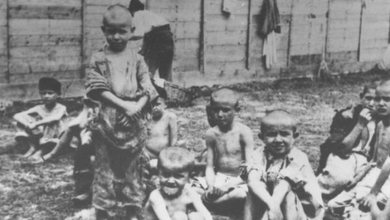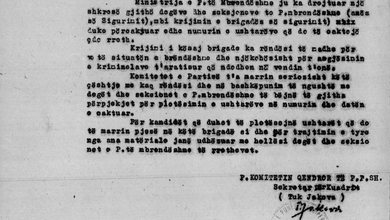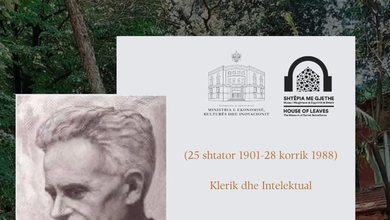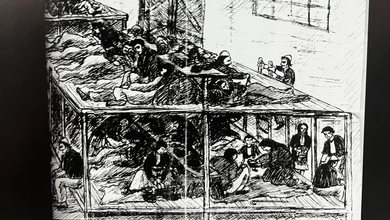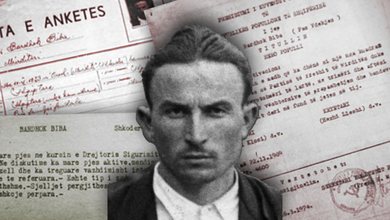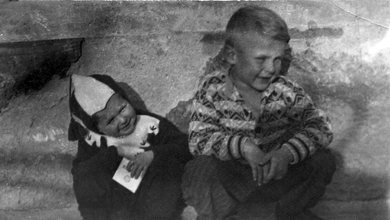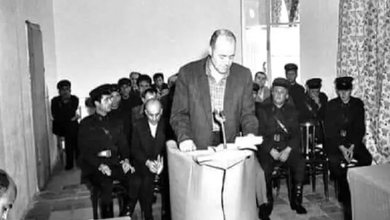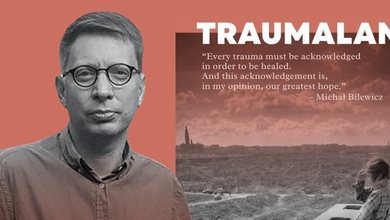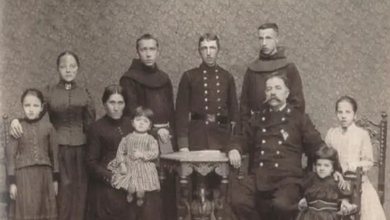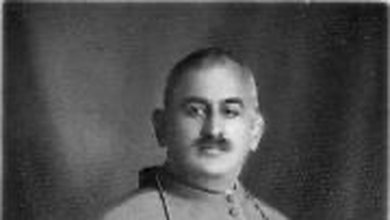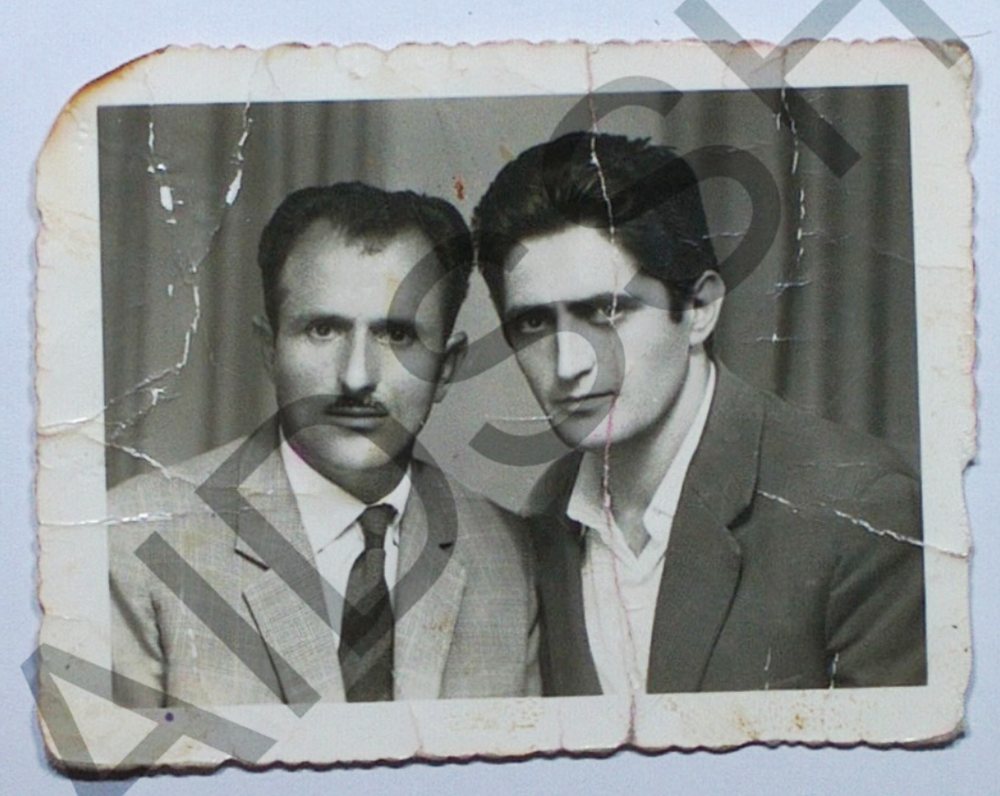
"For this simple individual of society, as harmless or insignificant as a leaf that casts a shadow over a poem, the state machinery has created five files. His history is an x-ray of the Albanian state for a period of 35 years. Musa Sina symbolizes the history of state violence against the common man...it is enough to remember that there are over 100 people who stand behind Musa Sina" - Jozef Radi.
This is the story of an ordinary man, but one whom the dictatorship kept under surveillance and wiretapping for more than 4 decades. This very model is a marker and witness of the apparatus of violence created by the communist regime, which was not only channeled on personalities, opponents or "liberals of the time", but the diameter of its use extended to the cell - to the individual, the common man, the worker.
Musa Sina, the son of Beqir and Kalife, was born in 1930 in the village of Kale in Peshkopia and later lived in the Savër farm sector in Lushnja. His father, Beqir Sina, was killed by communist forces after the liberation of the country, with the absurd motive of the time: “captain of past regimes”. One of Musa’s brothers escaped to Yugoslavia. This was enough for the file of the ordeal of suffering to be opened and written. During this period, Musa and his family were interned in the Tepelena camp. Around 1953-1954, the rest of the family was released from internment, but Musa was imprisoned, accused of “political and hostile activities” against the popular government. While he was serving his sentence, his three brothers escaped, while the family experienced internment again.
His life would fluctuate between prison and exile. Here is what was written in the Sigurimi files in 1961:
"The aforementioned person is in prison and will remain there until August 19, 1961, at which time his term expires and he will be deported. If he is given the opportunity to come here to Peshkopi, he has every chance of escaping and therefore we think that he should be deported."
After his release from prison, Musa was exiled to Lushnja. Apparently, the regime was not simply an iron fist in action. Its face took on many forms, to forcefully keep the people under its dictate. This time, it had become a gauge of the subsequent mental reaction of man, “reading” and predicting the evil that could befall him from these individuals. Therefore, punishments for crimes that had not yet occurred were justified as preventive acts.
Part of Musa Sina's life was spent in prison and exile (1945-1989 when he was released from his second imprisonment). ?????????ℎ ???????????? ?????????ℎ???? ???
????️Reference: AIDSSH, Form file no. 1067 in charge of Musa Beqir Sinës, with 200 pages
〽️In the first photo Musa Beqir Sina and Ilir Ndreu


